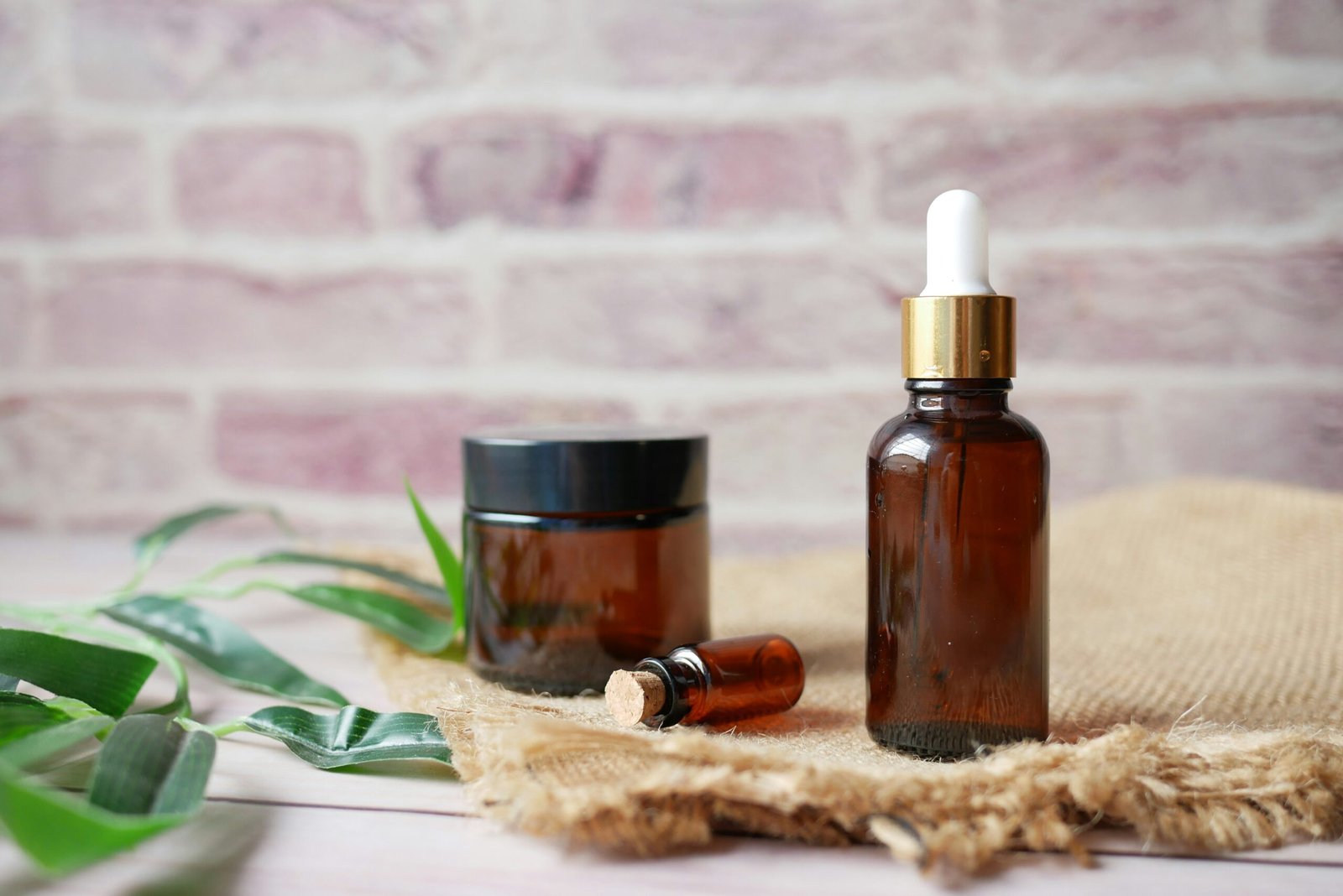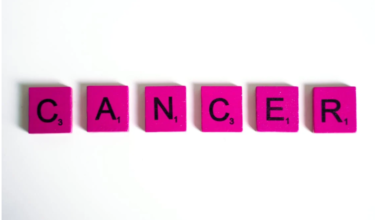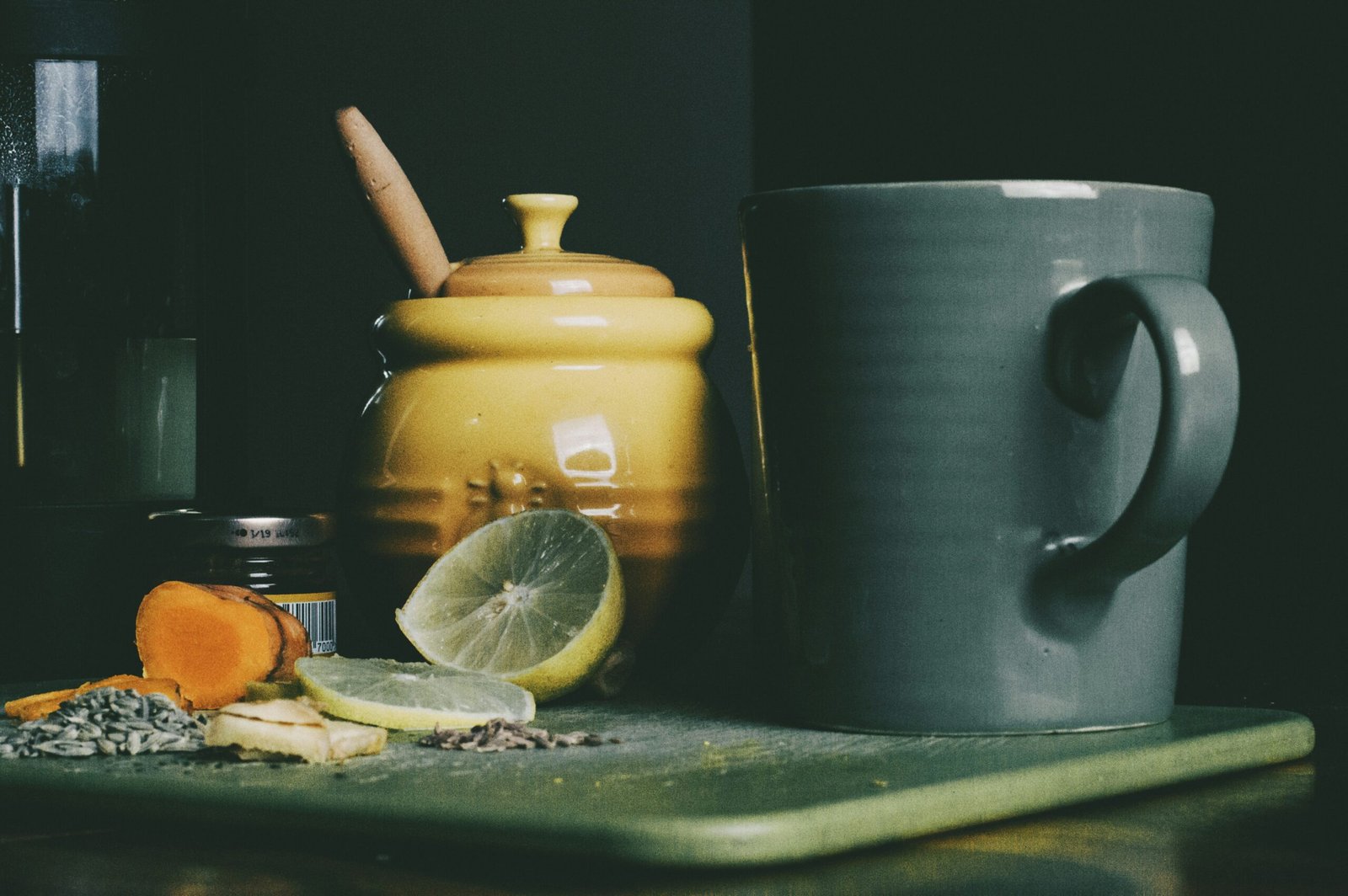
Anxiety is one of the most common mental health conditions, affecting millions of people worldwide. It manifests as excessive worry, nervousness, or fear that can significantly impact daily life. While conventional treatments like medication and cognitive-behavioral therapy (CBT) are highly effective for many, some individuals seek alternative or complementary methods to alleviate their symptoms. This article explores various alternative treatments for anxiety, their potential benefits, and how they can complement traditional approaches.
Understanding Anxiety and Its Impact
Before diving into alternative treatments, it’s essential to understand anxiety. It encompasses various disorders, including generalized anxiety disorder (GAD), social anxiety, panic disorder, and specific phobias. Symptoms often include restlessness, rapid heart rate, muscle tension, fatigue, and difficulty concentrating. Chronic anxiety can also lead to physical health problems like digestive issues, headaches, and cardiovascular strain.
Traditional treatments, including medications such as selective serotonin reuptake inhibitors (SSRIs) and psychotherapy like CBT, have proven to be effective. However, these options may not work for everyone, and some individuals experience side effects or prefer more natural approaches. Alternative treatments offer a different path to managing anxiety symptoms, often focusing on holistic well-being.
1. Mindfulness and Meditation
Keywords: mindfulness for anxiety, meditation benefits, stress relief techniques
Mindfulness is the practice of staying present and fully engaged in the moment without judgment. Meditation is a core technique for cultivating mindfulness and has been shown to reduce anxiety significantly.
How It Works
Mindfulness meditation trains the brain to focus on the present, reducing the mind’s tendency to ruminate on worries or fears. Techniques like deep breathing, body scans, and guided meditations help calm the nervous system and decrease stress hormones like cortisol.
Evidence
Studies have consistently demonstrated that mindfulness-based stress reduction (MBSR) programs can lower anxiety levels. A 2014 meta-analysis found that mindfulness meditation programs had moderate evidence in reducing anxiety and depression.
Getting Started
Begin with short, guided sessions using apps like Calm or Headspace. Regular practice, even for just 10 minutes a day, can yield noticeable benefits.
2. Herbal Remedies
Keywords: natural anxiety relief, herbal supplements, alternative medicine for anxiety
Herbal remedies have been used for centuries to calm the mind and alleviate stress. Several herbs are particularly known for their anxiolytic (anxiety-reducing) properties.
Popular Herbs for Anxiety
- Ashwagandha: An adaptogen that helps the body resist stress and restore balance. Research suggests it can lower cortisol levels and improve symptoms of anxiety.
- Chamomile: Known for its soothing effects, chamomile tea can help promote relaxation and better sleep.
- Lavender: Lavender oil, whether diffused, used topically, or taken orally, has calming properties that reduce anxiety.
- Valerian Root: Often used for insomnia, valerian root also has mild sedative effects that can ease anxiety.
Precautions
While herbal remedies are natural, they can interact with medications or cause side effects. Consult a healthcare provider before starting any herbal supplement.
3. Exercise and Physical Activity
Keywords: exercise for mental health, anxiety and fitness, physical activity benefits
Exercise isn’t just good for the body; it’s also a powerful tool for mental health. Regular physical activity is one of the most effective natural remedies for reducing anxiety.
Why It Works
Exercise releases endorphins, the brain’s “feel-good” chemicals, which help alleviate stress. It also lowers levels of adrenaline and cortisol, the body’s stress hormones. Furthermore, physical activity provides a distraction from anxious thoughts and improves sleep quality.
Best Types of Exercise
- Yoga: Combines physical poses, controlled breathing, and meditation, offering a holistic approach to managing anxiety.
- Aerobic Exercise: Activities like running, swimming, and cycling can reduce anxiety symptoms by improving mood and energy levels.
- Tai Chi: This gentle, meditative movement practice is particularly beneficial for anxiety, enhancing relaxation and mindfulness.
Starting a Routine
Aim for at least 30 minutes of moderate exercise most days of the week. Even a brisk walk in nature can provide immediate stress relief.
4. Aromatherapy
Keywords: essential oils for anxiety, aromatherapy benefits, calming scents
Aromatherapy involves using essential oils to promote relaxation and emotional well-being. Certain scents are known to have calming effects on the mind and body.
Effective Essential Oils
- Lavender: Reduces restlessness and promotes a sense of calm.
- Bergamot: Uplifts mood and reduces tension.
- Frankincense: Helps deepen breathing and instills a sense of tranquility.
- Ylang Ylang: Balances emotions and lowers blood pressure.
How to Use
Essential oils can be diffused in the air, applied to the skin (diluted with a carrier oil), or added to baths. Some people also use aromatherapy bracelets or inhalers for on-the-go relief.
Scientific Support
Research has found that inhaling lavender oil significantly reduces anxiety levels, particularly in high-stress situations such as medical procedures.
5. Dietary Changes
Keywords: anti-anxiety diet, foods for mental health, nutrition and anxiety
What you eat plays a vital role in your mental health. Certain foods and nutrients can support the brain and reduce anxiety.
Foods to Include
- Omega-3 Fatty Acids: Found in fatty fish, flaxseeds, and walnuts, these are essential for brain health and reducing inflammation.
- Probiotics: Fermented foods like yogurt, kimchi, and kombucha improve gut health, which is closely linked to mental well-being.
- Magnesium-Rich Foods: Spinach, almonds, and dark chocolate can help regulate neurotransmitters involved in mood.
- Complex Carbohydrates: Whole grains and legumes stabilize blood sugar, preventing anxiety-inducing energy crashes.
Foods to Avoid
- Caffeine: Can exacerbate anxiety by increasing heart rate and restlessness.
- Sugar: Leads to blood sugar spikes and crashes, which may worsen anxiety symptoms.
- Processed Foods: Often lack nutrients that support brain health.
6. Acupuncture
Keywords: acupuncture for anxiety, traditional Chinese medicine, anxiety relief techniques
Acupuncture, a practice from traditional Chinese medicine, involves inserting thin needles into specific points on the body to balance energy flow (Qi).
Mechanism
Acupuncture stimulates the nervous system, releasing natural painkillers like endorphins and regulating stress hormones. It also promotes relaxation by activating the parasympathetic nervous system.
Evidence
While more research is needed, studies indicate that acupuncture may help reduce anxiety, especially when combined with other treatments.
What to Expect
Sessions typically last 30–60 minutes. Many people report feeling deeply relaxed during and after treatment.
7. Art and Music Therapy
Keywords: creative therapy, anxiety coping strategies, alternative mental health treatments
Engaging in creative activities like art and music can provide an emotional outlet and reduce stress.
Art Therapy
Creating art allows individuals to express emotions they might struggle to verbalize. It can help identify and process the underlying causes of anxiety.
Music Therapy
Listening to or creating music can directly influence mood and stress levels. Calm, slow-tempo music has been shown to lower heart rate and blood pressure, promoting relaxation.
Incorporating Creativity
You don’t need to be an artist or musician to benefit. Adult coloring books, journaling, or learning an instrument can all serve as therapeutic activities.
Conclusion: Finding the Right Fit
Alternative treatments for anxiety offer diverse pathways to relief, catering to individual preferences and needs. While these methods may not replace traditional therapies for severe cases, they can complement medical treatments, providing a holistic approach to mental health.
It’s crucial to experiment and discover what works best for you. Whether it’s the calming effects of aromatherapy, the physical benefits of exercise, or the transformative power of mindfulness, these alternative treatments can help you regain control over anxiety and lead a more balanced, peaceful life. Always consult with a healthcare provider before starting any new treatment to ensure it’s safe and effective for your specific situation.
By embracing a combination of traditional and alternative therapies, individuals can empower themselves to overcome anxiety and thrive in both mind and body.



